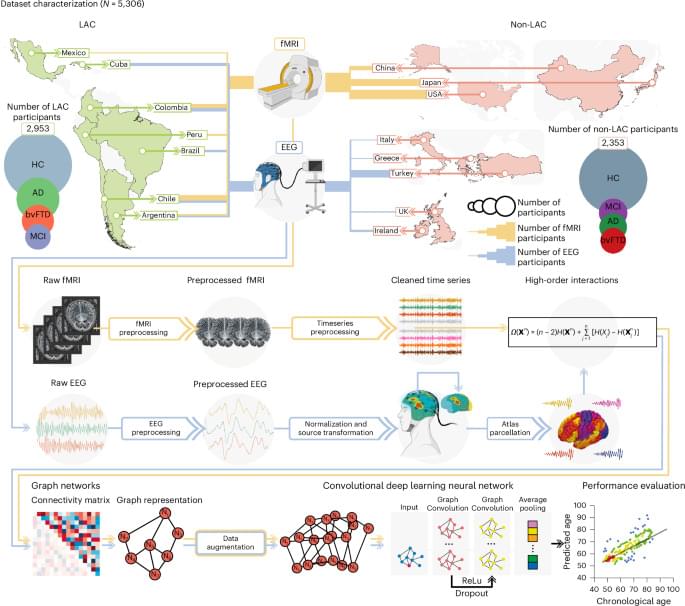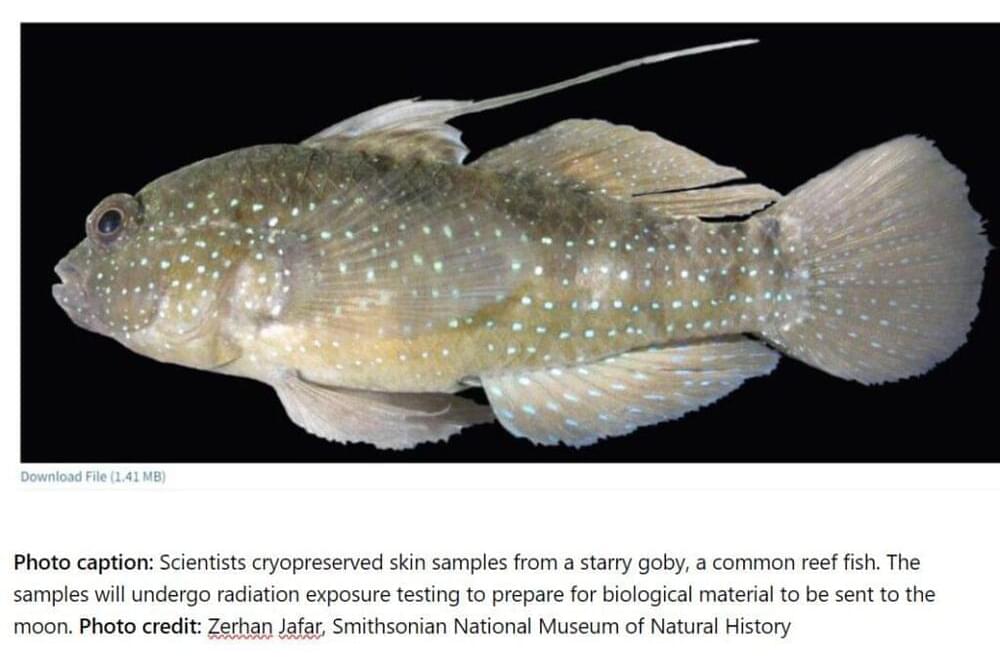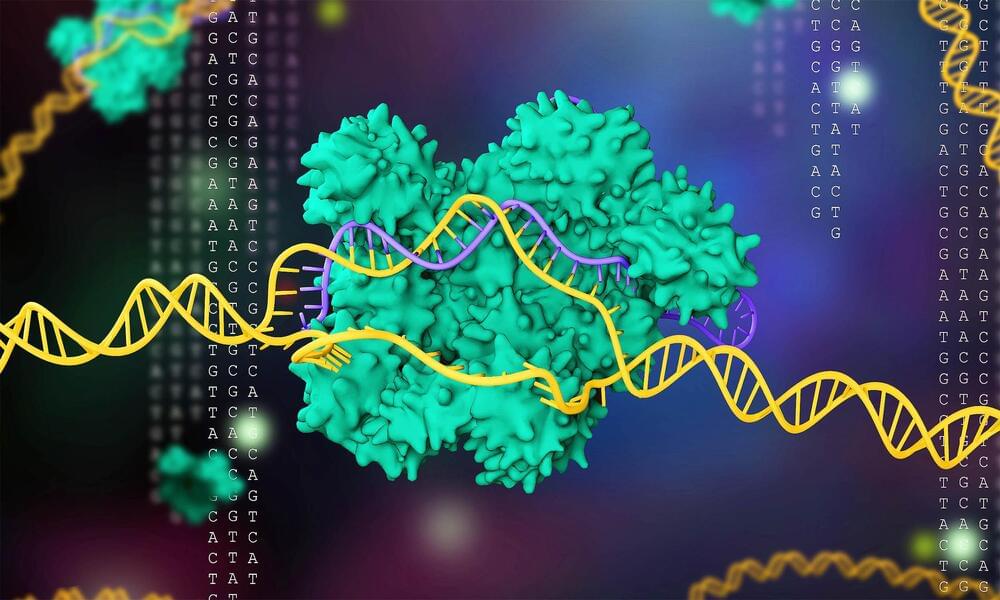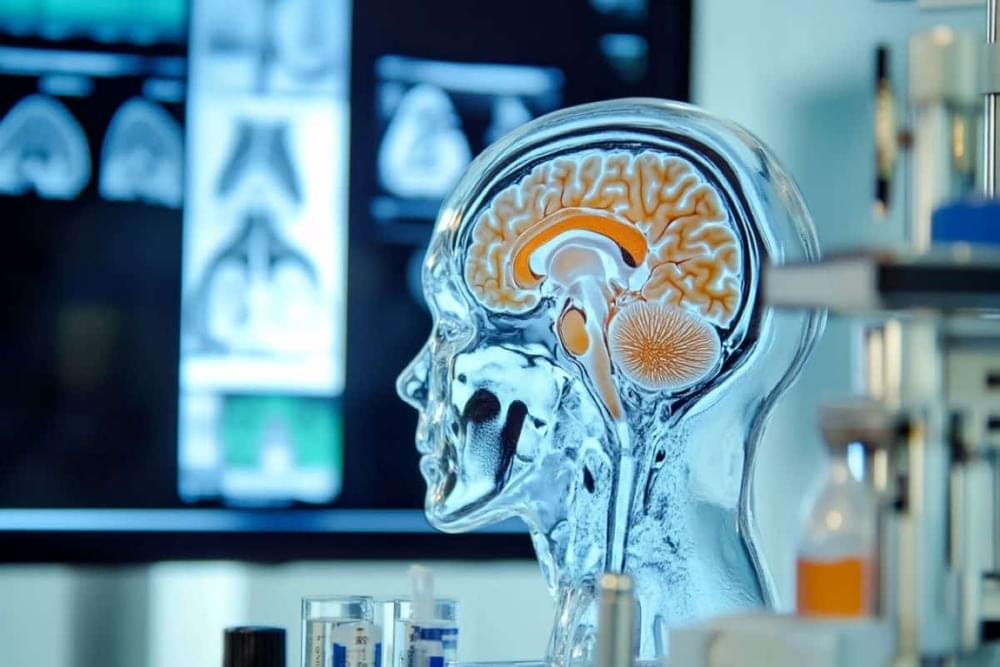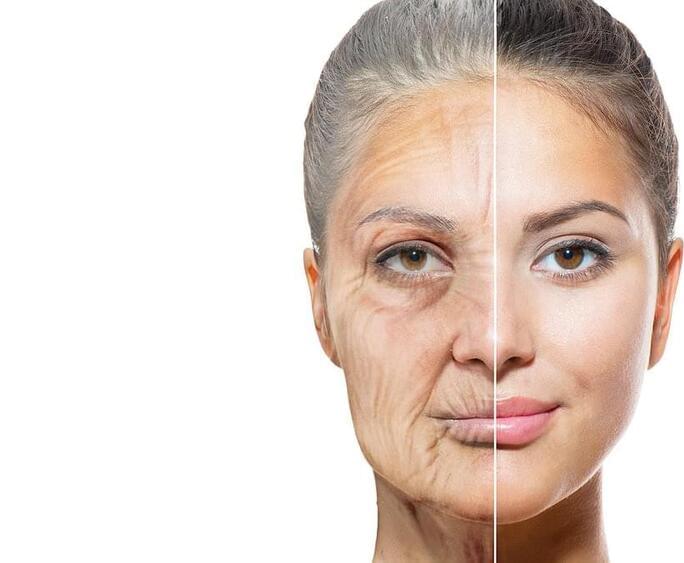What does the future hold? What will become of this planet and its inhabitants in the centuries to come?
We are living in a historical period that sometimes feels like the prelude to something truly remarkable or terribly dire about to unfold.
This captivating video seeks to decipher the signs and attempt to construct plausible scenarios from the nearly nothing we hold in our hands today.
As always, it will be scientific discoveries leading the dance of change, while philosophers, writers, politicians, and all the others will have the seemingly trivial task of containing, describing, and guiding.
Before embarking on our journey through time, let me state the obvious: No one knows the future!
Numerous micro and macro factors could alter this trajectory—world wars, pandemics, unimaginable social shifts, or climate disasters.
Nevertheless, we’re setting off. And we’re doing so by discussing the remaining decades of the century we’re experiencing right now.
-
DISCUSSIONS \& SOCIAL MEDIA
Commercial Purposes: [email protected].
Tik Tok: / insanecuriosity.
Reddit: / insanecuriosity.
Instagram: / insanecuriositythereal.
Twitter: / insanecurio.
Facebook: / insanecuriosity.
Linkedin: / insane-curiosity-46b928277
Our Website: https://insanecuriosity.com/
–
Credits: Ron Miller, Mark A. Garlick / MarkGarlick.com, Elon Musk/SpaceX/ Flickr.
–
00:00 Intro.
01:20 Artificial Intelligence.
02:40 2030 The ELT telescope.
03:20 2031 The International Space Station is deorbited.
04:05 2035 The cons.
04:45 2036 Humans landed on mars.
05:05 2037. The global population reaches 9 billion.
05:57 2038 2038. Airplane accident casualties = 0
06:20 Fusion power is nearing commercial availability.
07:01 2042 Supercomputers.
07:30 2045 turning point for human-artificial intelligence interactions.
08:58 2051 Establishment of the first permanent lunar base.
09:25 2067 The first generation of antimatter-powered spacecraft emerging.
10:07 2080 Autonomous vehicles dominate the streets.
10:35 2090 Religion is fading from European culture.
10:55 2099 Consideration of Mars terraforming.
11:28 22nd century Moon and Mars Settlements.
12:10 2,130 transhumanism.
12:41 2,132 world records are shattered.
12:57 2,137 a space elevator.
14:32 2,170 By this year, there are dozens of human settlements on the Moon.
15:18 2180
16:18 23rd century Immortality.
16:49 2,230 Hi-Tech and Automated Cities.
17:23 2,310 23rd Century: Virtual Reality and Immortality.
18:01 2,320 antimatter-powered propulsion.
18:40 2,500 Terraforming Mars Abandoned.
19:05 2,600 Plastic Cleanup.
19:25 2,800 Silent Probes.
19:37 3,100 Humanity as a Type 2 Civilization.
–
#insanecuriosity #timelapseofthefuture #futuretime
